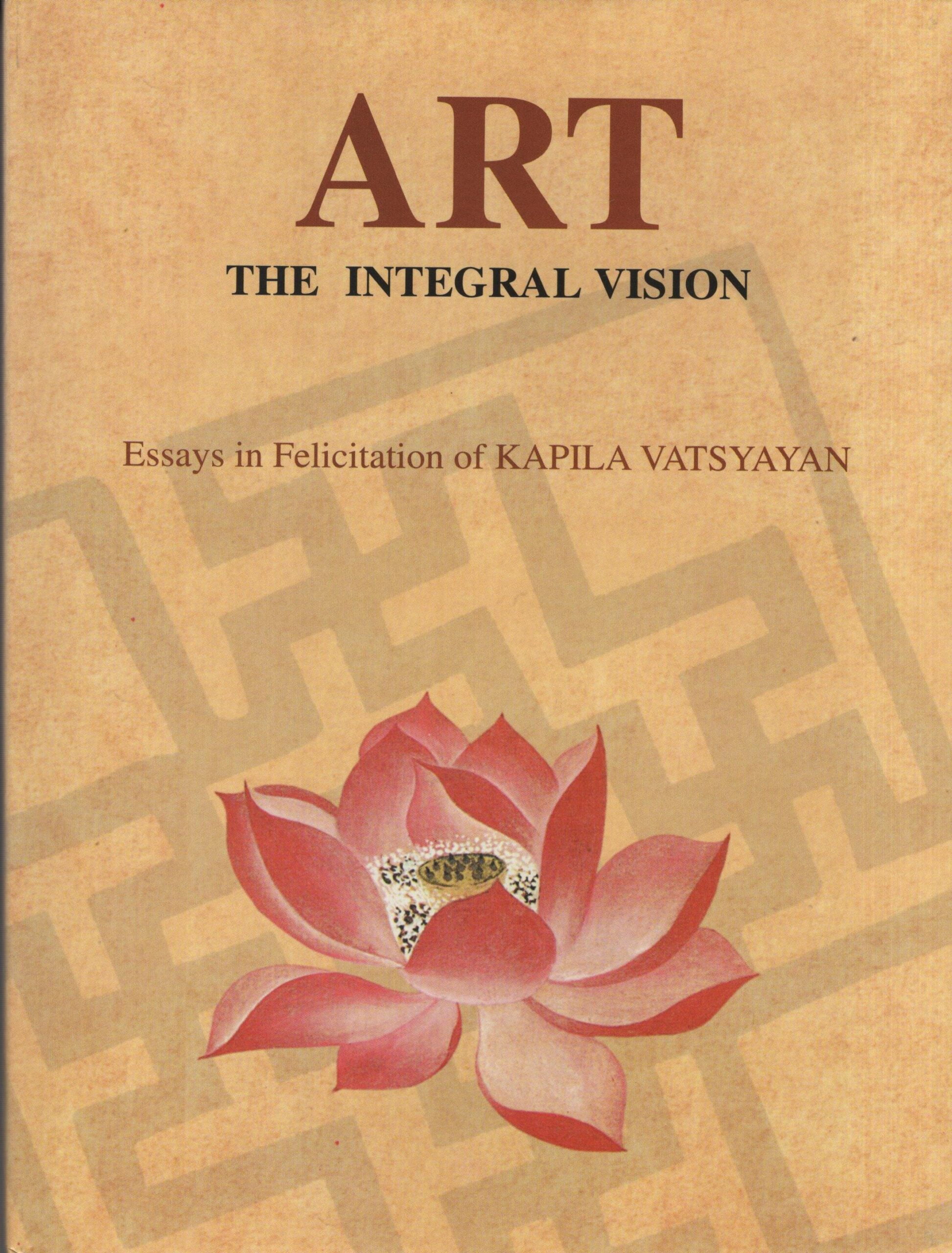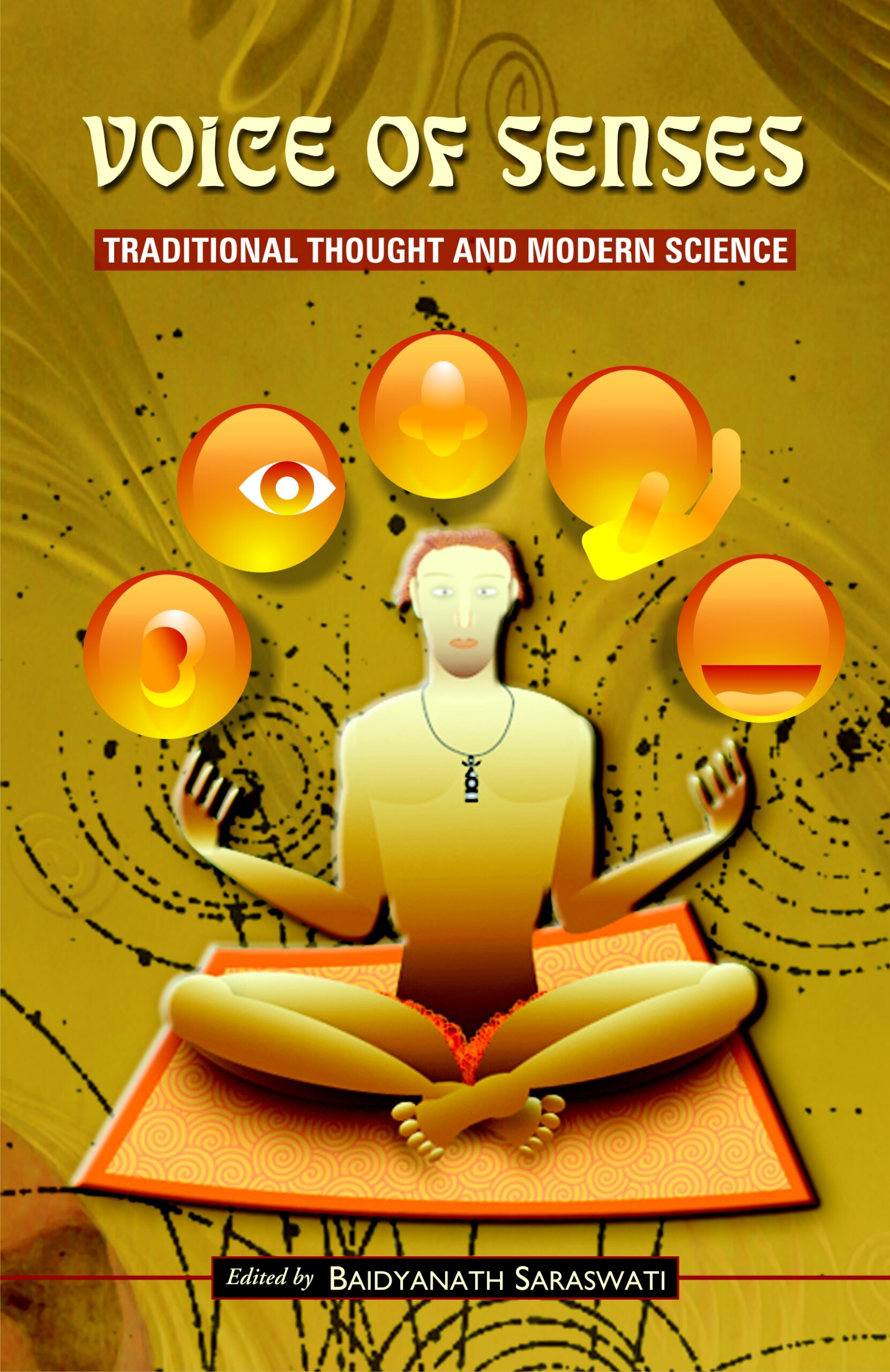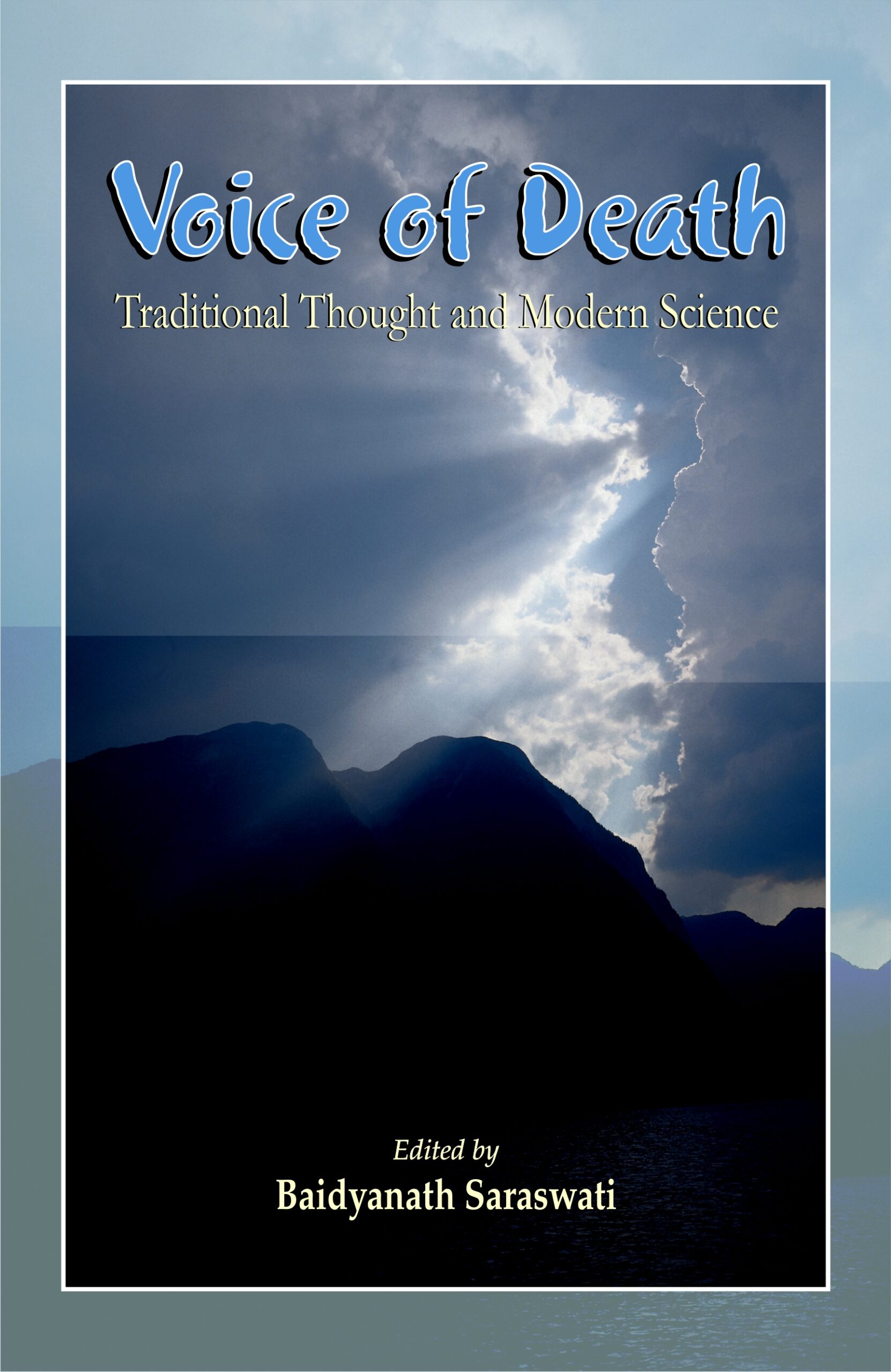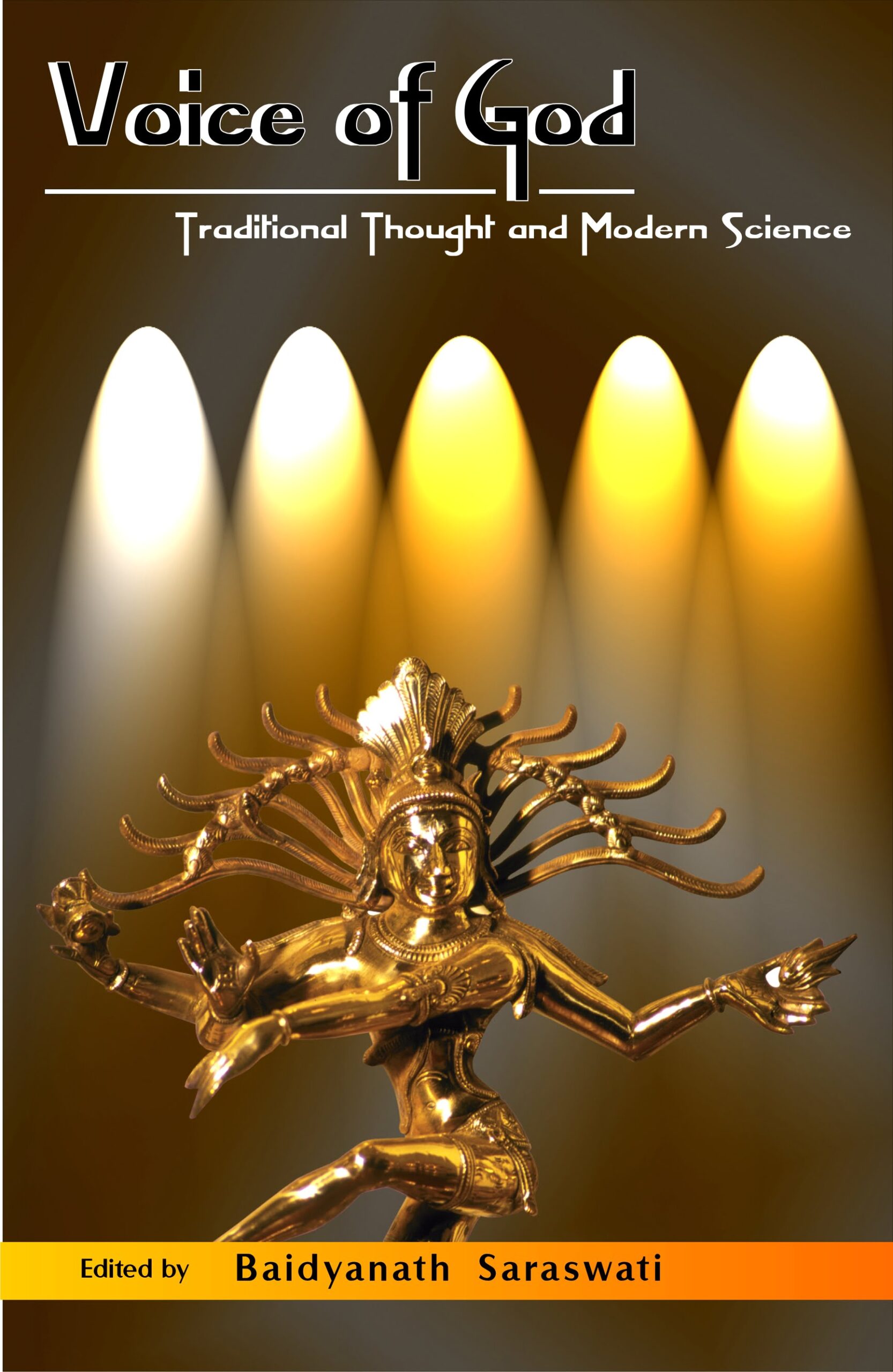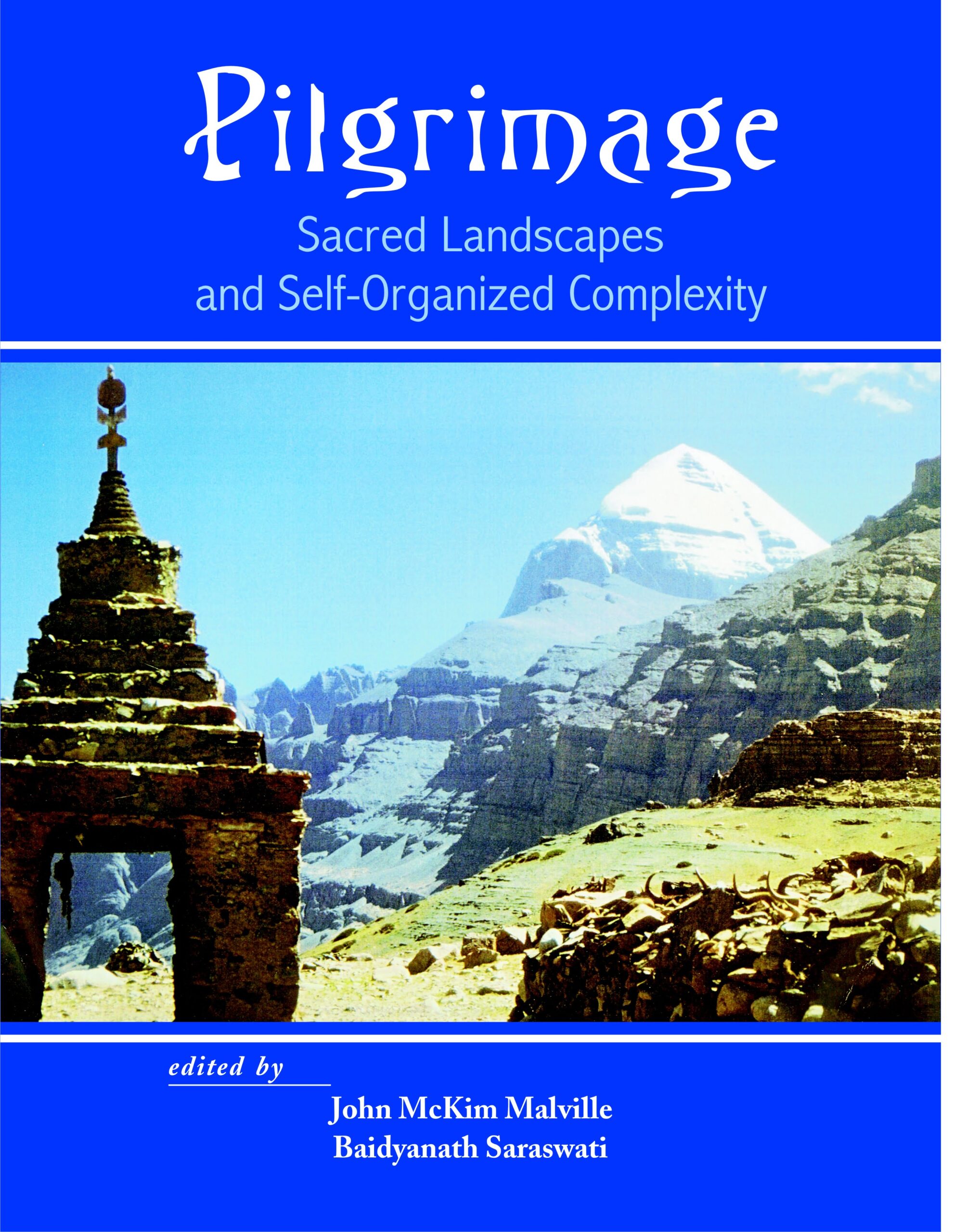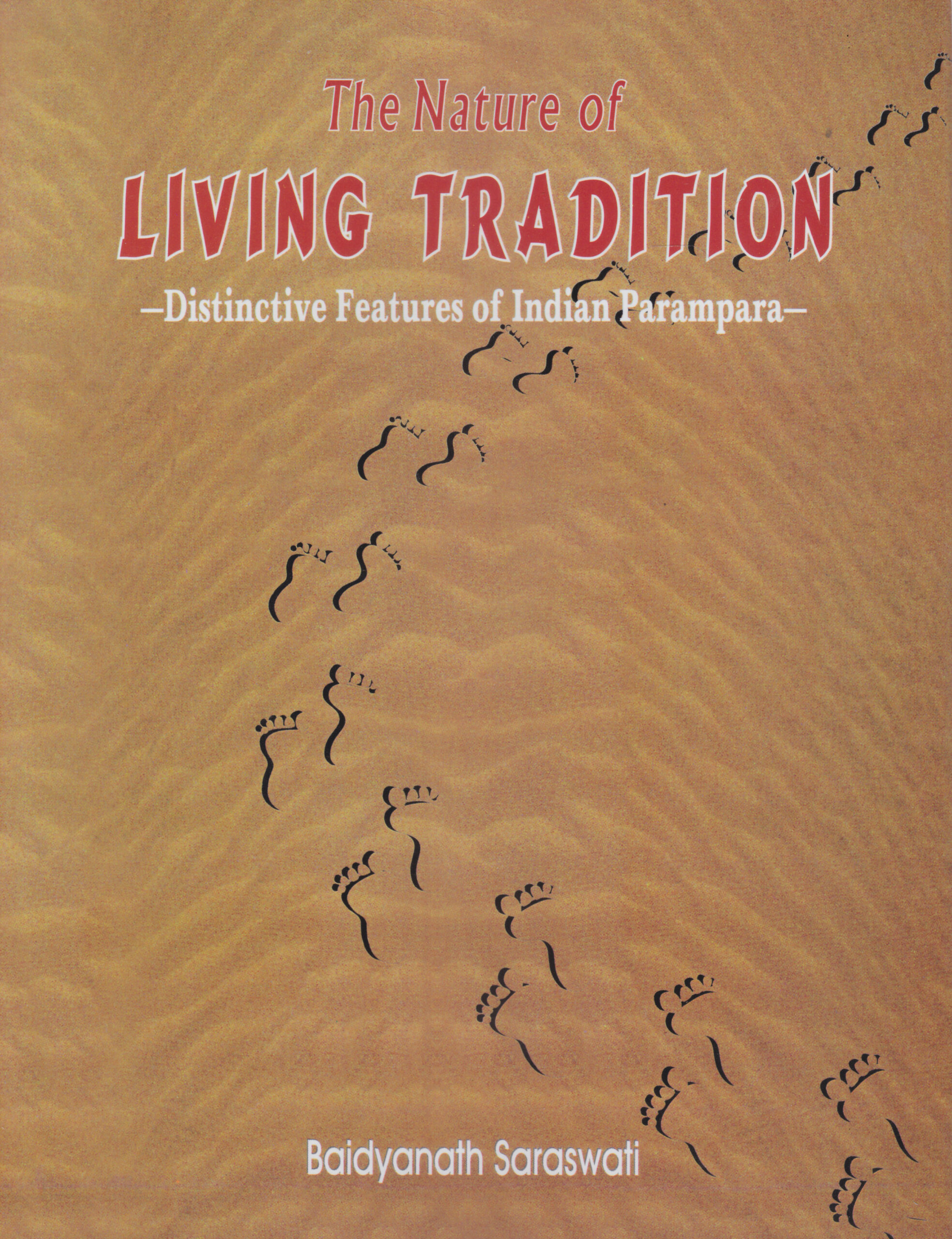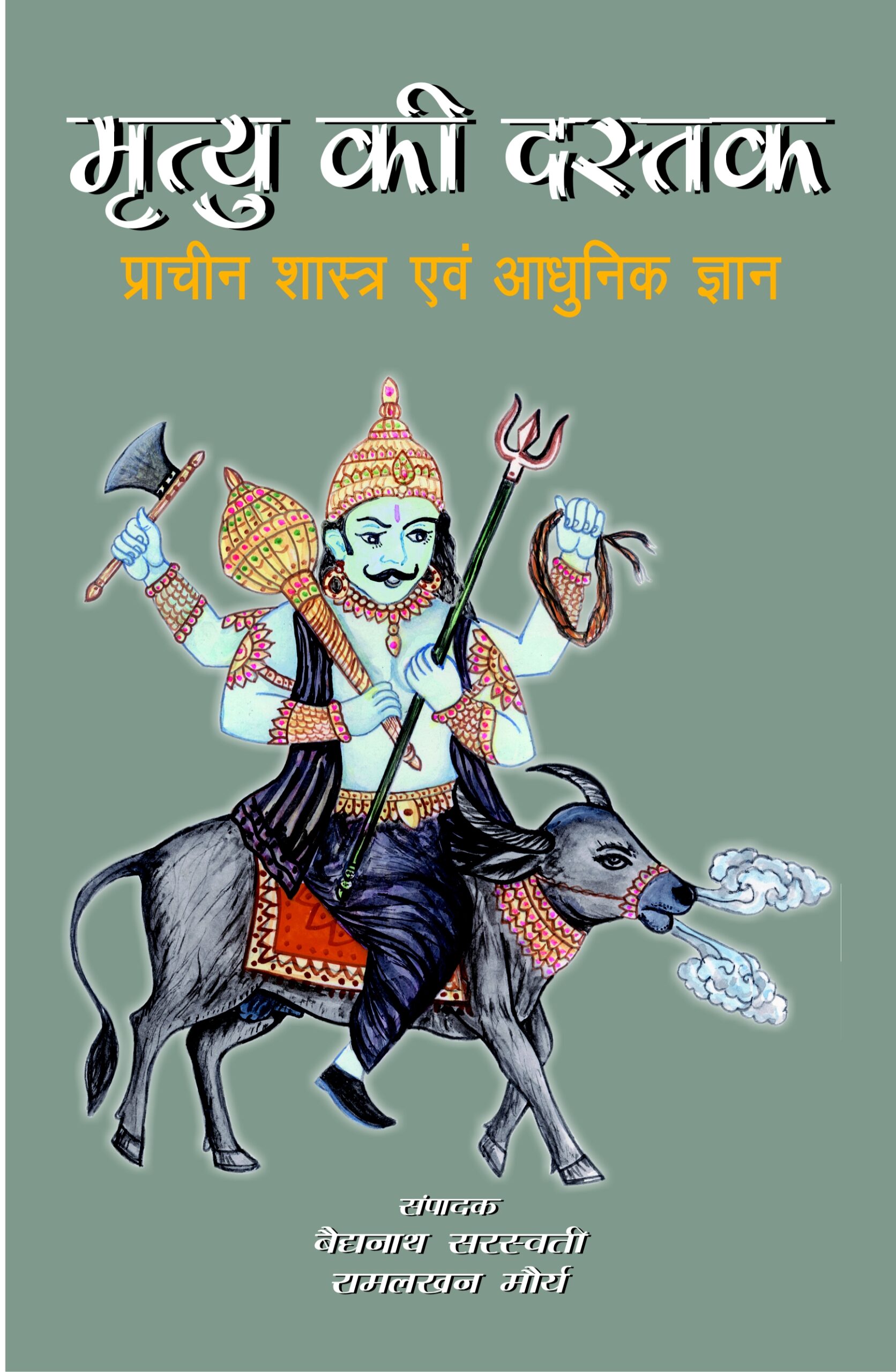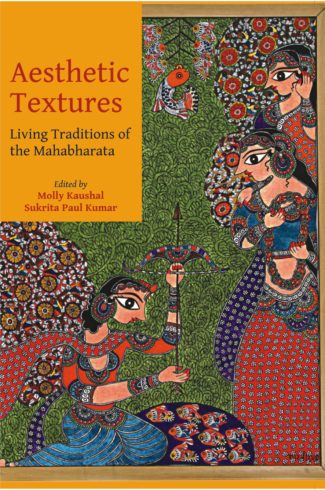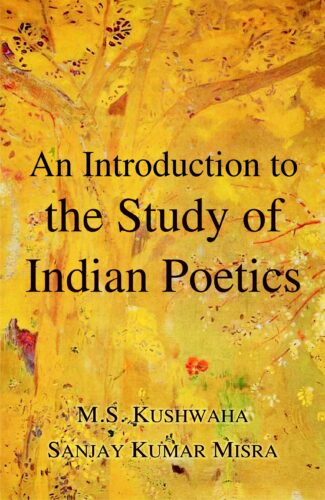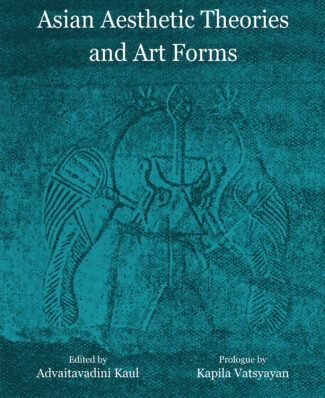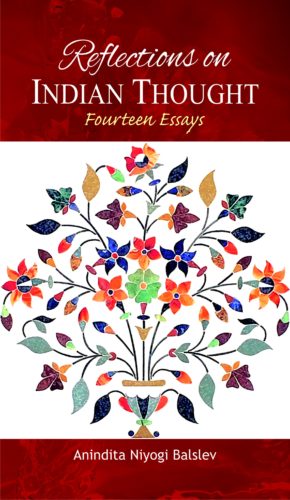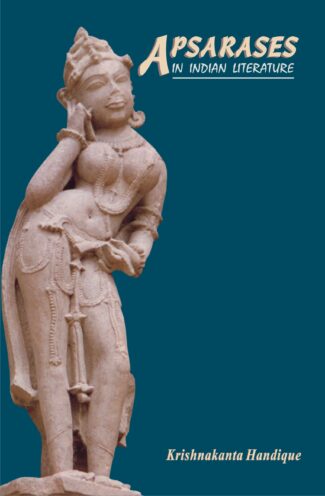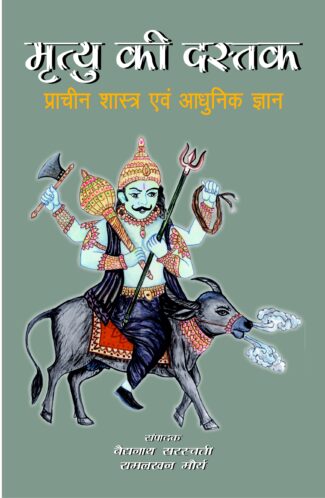

Mrtyu Ki Dastak...
Mrtyu Ki Dastak
Prachin Sastra evam Adhunik Gyan by: Baidyanath SaraswatiMany learned people, from various sects, have written about death and soul. Ceremonies, after death, for honouring the dead, especially in Hindu religion have been dealt chronologically. Also the importance of cloning after death and its resultant impact on society has been discussed.
₹300.00 Original price was: ₹300.00.₹270.00Current price is: ₹270.00.
ISBN: 9788124603147
Year Of Publication: 2005
Edition: 1st
Pages : vii, 208
Bibliographic Details : Index
Language : Hindi
Binding : Hardcover
Publisher: D.K. Printworld Pvt. Ltd.
Size: 23 cm.
Weight: 500
Many learned people, from various sects, have written about death and soul. Ceremonies, after death, for honouring the dead, especially in Hindu religion have been dealt chronologically. Also the importance of cloning after death and its resultant impact on society has been discussed.
- Sale!Aesthetic Textures by: Molly Kaushal
₹1,800.00Original price was: ₹1,800.00.₹1,620.00Current price is: ₹1,620.00.The fascinating world of multiple Bharatas that this book introduces its readers with is that of a perennial tale discovered and created afresh at each juncture of time; at each moment of self-doubt and self-exploration; at each rejoicing of self-discovery and self-recovery. If one does not come across a seamless continuity here, one does not encounter apparent ruptures either. The Bharatas, as narrated here, present us with amazing diversity with palpable consubstantiality expressed in myriad forms and multiple hues; tradition belonging as much to its contemporaneity as to its past; belonging as much to the spokes as to the axle; centrifugal and centripetal at once; a tradition old and new at the same moment of time.
The book is based on the proceedings of a seven-day international conference organized by the Indira Gandhi National Centre for the Arts (IGNCA) on the living traditions of the Mahabharata in the year 2011. The conference explored the multiple tellings and retellings of the Mahabharata story as sung, danced, and celebrated in festivals, inscribed on to geographic landscapes, committed to memory as sacred genealogy, embodied in rituals, and sculpted in shrines and temples. The presentations ranged from issues of poetics and ethics to translations, adaptations, and variations to folk and tribal traditions as sung, recited, and performed. Rather than exploring the Mahabharata as a book or a singular narrative, these papers focus on the multi-tradition of the Mahabharata in all its multidimensionality, multiplicity, and above all, in its fluidity. The book would certainly interest the scholars engaged in the study of the living heritage of Indian epics, folklorists, indologists, and anthropologists. - Sale!An Introduction to the Study of Indian Poetics by: Mahesh Singh Kushwaha, Sanjay Kumar Misra,
₹600.00Original price was: ₹600.00.₹540.00Current price is: ₹540.00.The book aspires to do for Indian poetics what Hudson’s book, An Introduction to the Study of English Literature did for English literature, though in a totally different manner and style. It provides the student with the essential knowledge about almost all aspects of Indian poetics. Based on the original Sanskrit sources, it presents the necessary information lucidly in precise and clear terms. Each chapter is self-contained and complete in itself, with explanatory notes, and a bibliography of relevant works. The Sanskrit terms used in the text are invariably explained or provided with English equivalents.
For quick reference, “A Glossary of Sanskrit Literary Terms” is given in the Appendices, which contain also “A List of Noted Indian Poeticians (including commentators) and Their Works” and “Notes on Major Texts in Indian Poetics”.
This handy volume, with its unique features, will prove invaluable to those who are going to embark on the study of Indian poetics, especially the ones who have no Sanskrit background. To a devoted student, it will prove a useful companion during his/her further studies. - Sale!Asian Aesthetic Theories and Art Forms by: Advaitavadini Kaul
₹3,800.00Original price was: ₹3,800.00.₹3,420.00Current price is: ₹3,420.00.The centuries-old exchange of ideas, knowledge systems, resources, skills and materials among the people of the Asian continent left a lasting legacy in various spheres of human experience. This was a dialogue that involved rich exchange of religious, literary, aesthetic and artistic ideas and forms across the regions of Asia. The general impressions of an art, which is spiritual and magical in character, highly charged with literary myths and legends, and presented through a seemingly improvised styles in various art forms, provide us with a clue of an understanding of the fundamental foundations of the arts in Asia.
This volume contains the papers of the panel on ‘Asian Aesthetic Theories and Art Forms’ in first two sections. This panel was a part of the international conference on “Asian Encounters: Networks of Cultural Interaction” held in New Delhi. The volume reaffirms that the Indian theory of art as a creative process and creative expression is broadly true for entire Asian theory of art and aesthetics and it opens up a pan-Asian theory of art and aesthetics.
‘Representation of Asian Art in Asian Museums’ was another panel of the conference. The volume contains three papers from that panel also and the transcript of the dialogue held on ‘Cross Cultural Frontiers in the Study of the Past’. - Sale!Reflections on Indian Thought by:
₹850.00Original price was: ₹850.00.₹765.00Current price is: ₹765.00.This anthology, consisting of fourteen essays, deals with a variety of themes that are of central importance for an authentic appreciation of the philosophical core of the Indian culture. The readers will find here illuminating discussions on various issues that bear witness to the critical thinking and deep reflection on the part of the author that have enabled her to carefully expose the subtle internal divergences that nourish the Indian conceptual world.
Based on arduous and painstaking research, these essays focus on a range of topics. There are several essays on multiple aspects of the large themes of time and consciousness, penetrating analysis showing how in the ancient discourse ideas of klesha (affliction), abhyasa (practice) and karuna (compassion) as well as on women and values are dealt with. There are also deliberations on the themes of religious diversity and the need for an encounter of world religions along with the attempt to explore India’s self-image. All these have contemporary relevance, as these essays clearly bring out the distinctive character of a living culture. - Sale!Apsarases in Indian Literature and the Legend of Urvasi and Pururavas by: Krishna Kanta Handique
₹350.00Original price was: ₹350.00.₹315.00Current price is: ₹315.00.Indian literature abounds in a variety of myths and legends narrating allegorical/historical stories with moral teachings where celestial or semi-celestial beings, in particular the apsarases, occupy an important place. Of such legends, a few have become much popular and they reappear in the course of the history of literature at various stages. One such legend is that of Urvashi and Pururavas which is one of the most ancient legends of India, owing its origin to the Rigveda. This scholarly work, based on extensive original sources primary, comprising ancient Sanskrit texts, commentaries and glosses and modern literary pieces, kavyas and plays, as well as critical writings on these original works, studies the origin and development of the institution of apsarases and their characteristics as described in the vast corpus of Vedic, Epic-Puranic and classical works. In this context, it undertakes an interesting survey of the concept of nymphs (apsarases) in Indo-European, especially Greek mythology. Dr. Handique then thoroughly examines the depiction of the legend of Urvashi and Pururavas a favourite theme that has been immortalised in literary masterpieces in Indian literature as a whole: from the ancient Vedas and Puranas, the Harivamsha and Vikramorvashiyam to modern works like Urvashi Janani and Abhishapta Urvashi and stray poetic pieces. Presenting a new angle to the study, the book attempts to explore aspects of an age old tradition that bears close affinity with the institution of the apsarases in terms of mode of living worship and ideals like system of the devadasis. The book will prove invaluable to scholars of Indian mythology, culture and literature as well as interest general readers of ancient India’s legends and tales.


